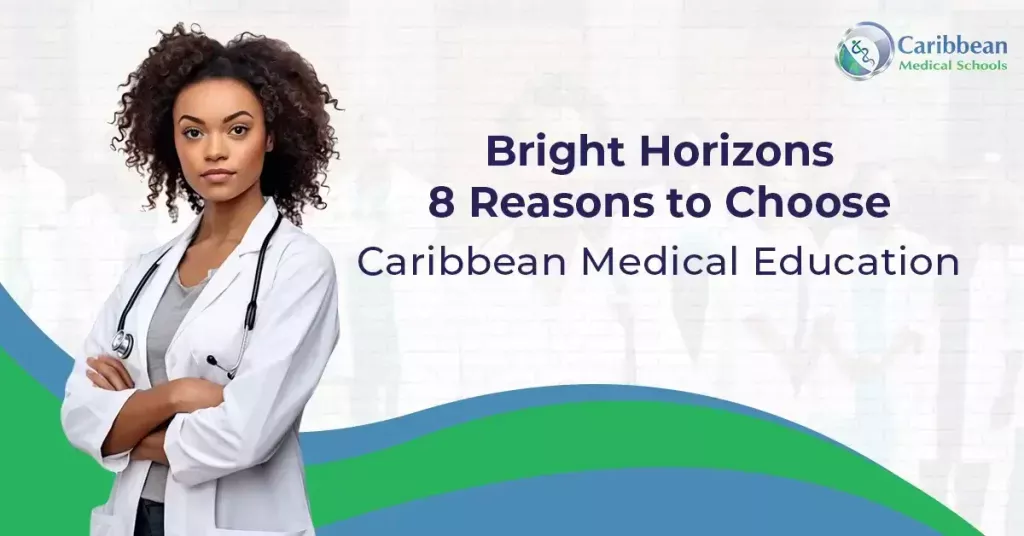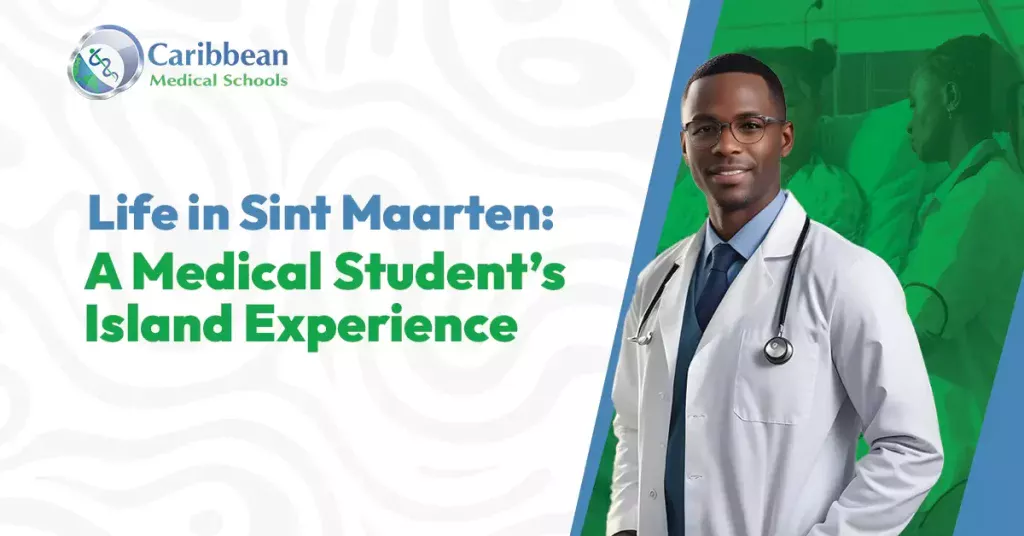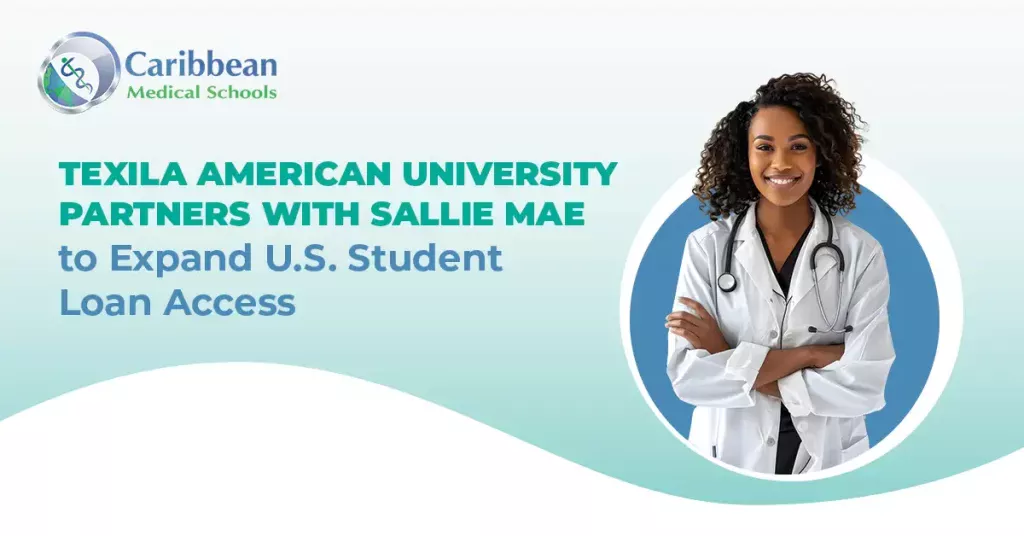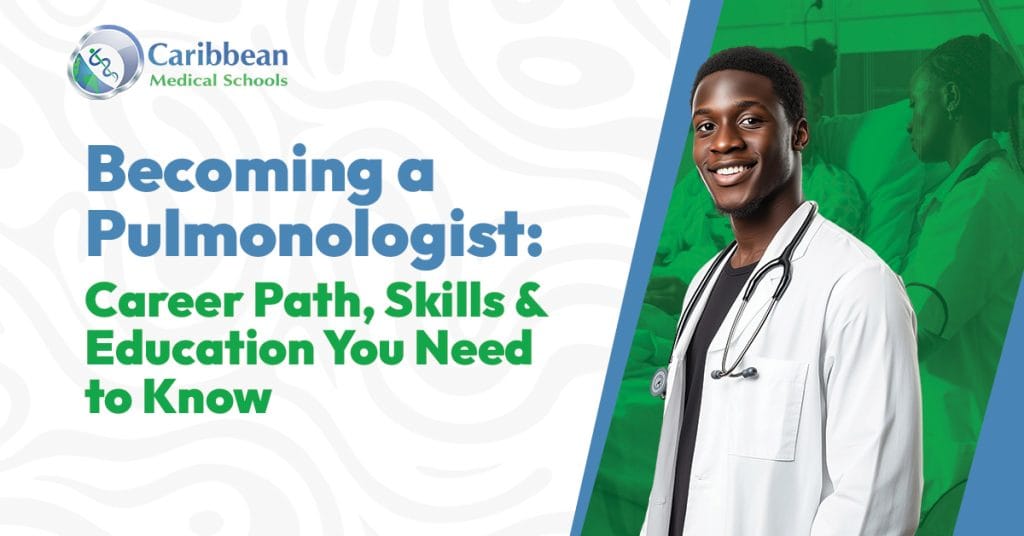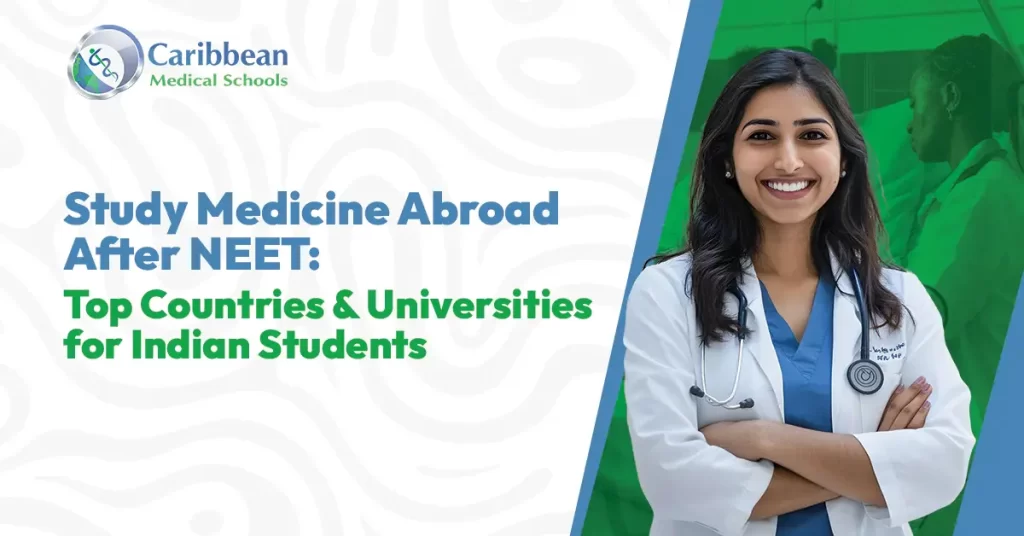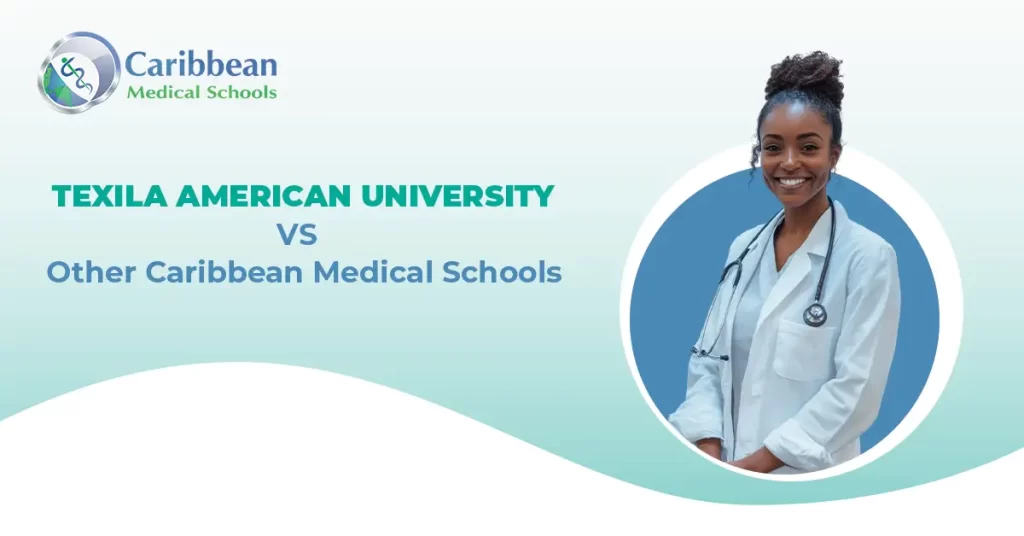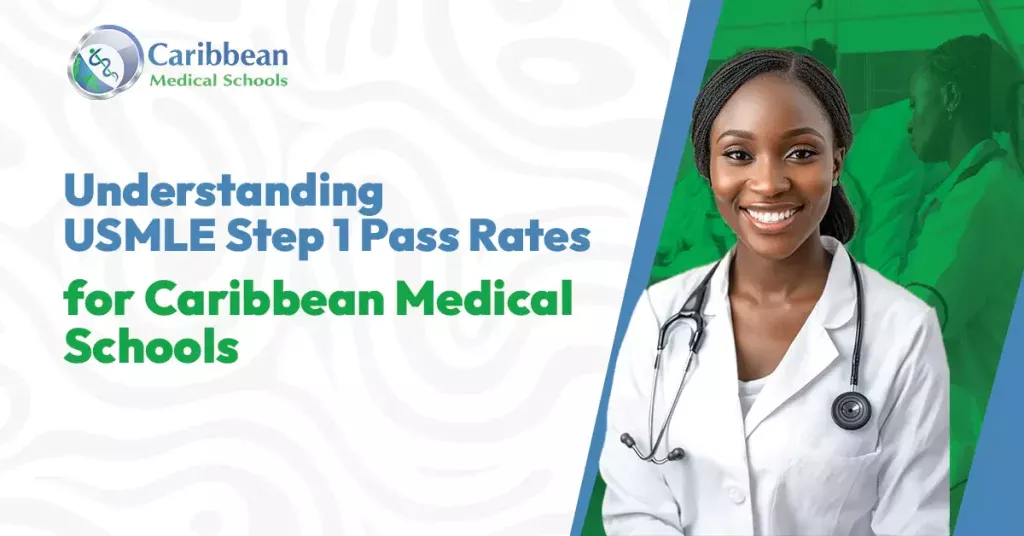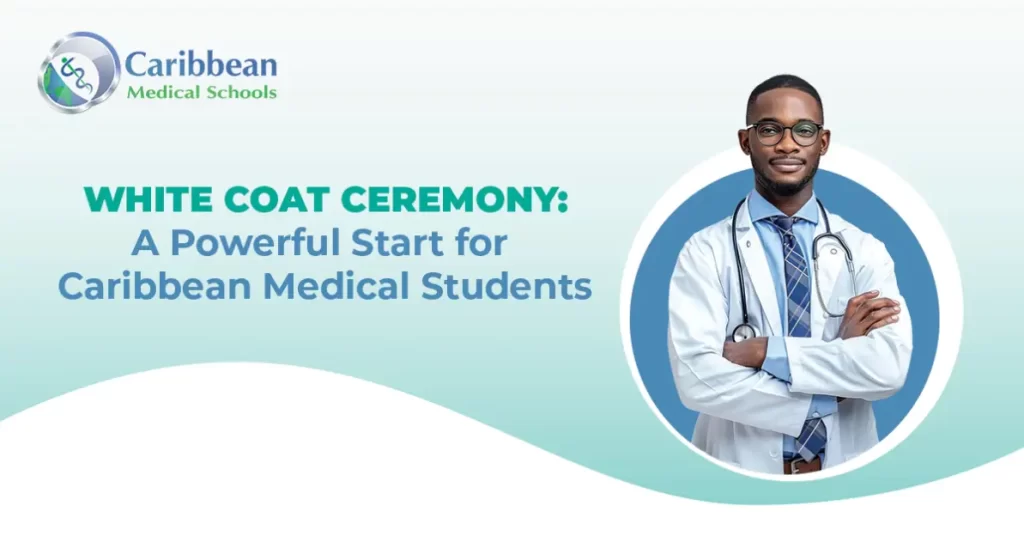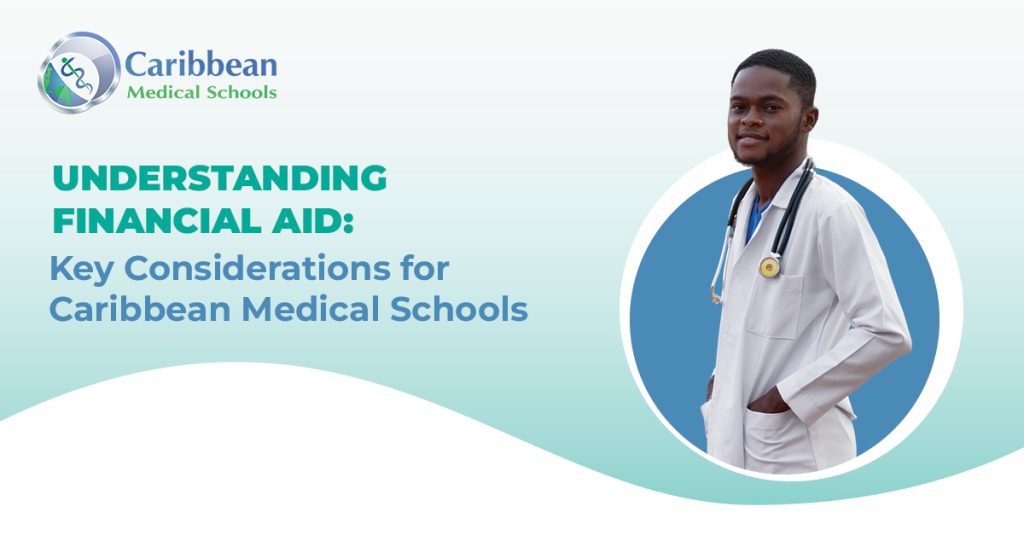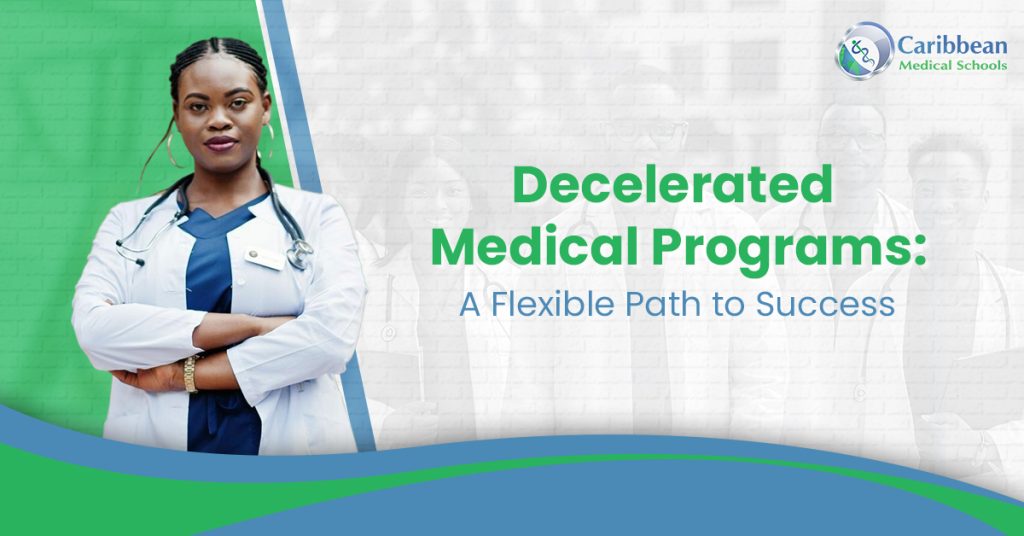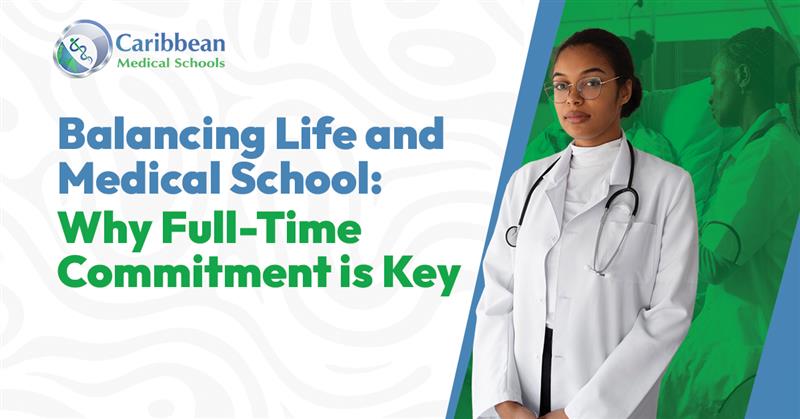Blog Summary
Caribbean medical education presents a promising pathway for aspiring physicians, offering accredited programs, diverse learning opportunities, expert faculty and resources, flexibility and accessibility, international recognition, cultural diversity and inclusion, and a supportive learning environment. Accredited programs ensure quality and eligibility for licensure and residency training, while diverse learning experiences and global perspectives prepare students for the complexities of modern healthcare practice. Expert faculty, state-of-the-art facilities, and research opportunities foster academic and professional excellence while flexibility, accessibility, and support services accommodate diverse student needs. Recognized for their clinical skills, adaptability, and cultural competency, graduates of Caribbean medical schools are poised to make significant contributions to healthcare worldwide.
Table of Contents
Introduction
Caribbean medical education offers a promising path for aspiring healthcare professionals seeking quality medical training in a vibrant and diverse environment. This comprehensive guide will explore eight compelling reasons for choosing Caribbean medical education. From accredited programs to diverse learning opportunities and global perspectives, Caribbean medical schools provide a bright horizon for students pursuing their dreams of becoming physicians.
Exceptional Academic Programs
Caribbean medical schools prioritize rigorous academic curricula to ensure students receive top-tier medical education. These programs seamlessly blend basic sciences with clinical training from the outset, offering a comprehensive medical foundation. Accreditation from reputable bodies ensures graduates meet licensure and residency qualifications globally, enhancing their career prospects.
The curriculum emphasizes hands-on learning, critical thinking, and problem-solving skills essential for medical practice. With a focus on evidence-based medicine and patient-centered care, students are equipped to excel in diverse healthcare settings. Faculty members, often seasoned clinicians, provide mentorship and support, enriching the learning experience. Overall, Caribbean medical programs are designed to produce competent, compassionate physicians capable of meeting the evolving demands of the healthcare field.

State-of-the-Art Facilities
Accredited Caribbean Medical Schools boast modern campuses with cutting-edge facilities for optimal learning experiences. These institutions provide students access to resources mirroring real-world healthcare environments, from state-of-the-art laboratories to sophisticated simulation centres and teaching hospitals. The immersive nature of these facilities allows students to develop clinical skills in a safe and supportive setting under the guidance of experienced faculty members.
Investments in technology ensure that students are exposed to the latest advancements in medical practice, preparing them to adapt to evolving healthcare landscapes. Caribbean medical schools empower students to thrive and excel in academic and professional pursuits by fostering an environment conducive to exploration and innovation.
Global Perspective
Caribbean medical education embraces diversity, attracting students from various cultural and educational backgrounds. This multicultural environment reflects the global healthcare landscape, exposing students to different perspectives and practices. Through interactions with peers, faculty, and patients, students gain valuable insights into cross-cultural healthcare delivery. Opportunities for international clinical rotations, research collaborations, and community outreach initiatives further enrich this global perspective.
By fostering cultural competency and global awareness, Caribbean medical schools prepare future physicians to address the complex healthcare needs of diverse populations worldwide. Embracing diversity enriches the educational experience and cultivates empathy, understanding, and respect among future healthcare professionals, ultimately enhancing the quality of patient care on a global scale.
Clinical Rotations
Top Caribbean medical schools prioritize hands-on clinical training through comprehensive rotations in affiliated hospitals and healthcare institutions. These rotations expose students to various medical specialities, patient demographics, and healthcare settings, providing invaluable real-world experience. Whether in local communities or international healthcare facilities, students actively participate in patient care under the supervision of seasoned clinicians. This immersive learning approach allows students to apply theoretical knowledge to practical scenarios, honing their clinical skills and decision-making abilities.
Clinical rotations offer opportunities for interprofessional collaboration, enhancing students’ understanding of healthcare teamwork and communication. By providing diverse clinical experiences, Caribbean medical schools prepare graduates to confidently transition into residency training and excel in their chosen medical specialities.
Flexibility and Accessibility
Caribbean medical education offers flexibility and accessibility to accommodate students’ diverse needs and aspirations. With rolling admissions, multiple entry points, and accelerated programs, students can tailor their educational journey to align with their individual preferences and timelines. This flexibility extends beyond traditional classroom settings, with online learning options and satellite campuses catering to students across geographical locations.
Caribbean medical schools embrace diversity in educational backgrounds, welcoming students from various disciplines and experiences. This inclusive approach ensures aspiring physicians have equitable access to quality medical education, regardless of their backgrounds or circumstances. By prioritizing flexibility and accessibility, Caribbean medical schools empower students to pursue their passion for medicine and achieve their professional goals on their own terms.
Supportive Learning Environment
Caribbean Medical Universities foster a supportive learning environment with smaller classes, personalized attention, and a strong sense of community. Faculty members are accessible and approachable, offering mentorship and guidance to support students’ academic and professional development. Collaborative learning initiatives, peer support networks, and student services further enhance the educational experience, fostering camaraderie and peer collaboration.
This supportive environment enables students to thrive academically and personally, mitigating stress and promoting well-being. Faculty-led initiatives focus on holistic student growth, addressing academic needs and personal and professional development. By nurturing a supportive learning community, Caribbean medical schools empower students to overcome challenges, achieve their full potential, and become compassionate, competent physicians.
Clinical Research Opportunities
Caribbean medical schools actively engage students in clinical research initiatives, promoting a culture of inquiry and innovation. Through involvement in research projects, students gain valuable experience in study design, data collection, and analysis, enhancing their critical thinking and problem-solving skills. From basic science research to clinical trials, students can access diverse research opportunities spanning various medical disciplines. Participation in research not only contributes to the advancement of medical knowledge but also fosters a deeper understanding of evidence-based practice.
Research experiences enrich students’ educational journeys, complementing their clinical training and preparing them for careers in academic medicine or research-focused specialities. By integrating research into the curriculum, Caribbean medical schools empower students to become lifelong learners and leaders in advancing healthcare.
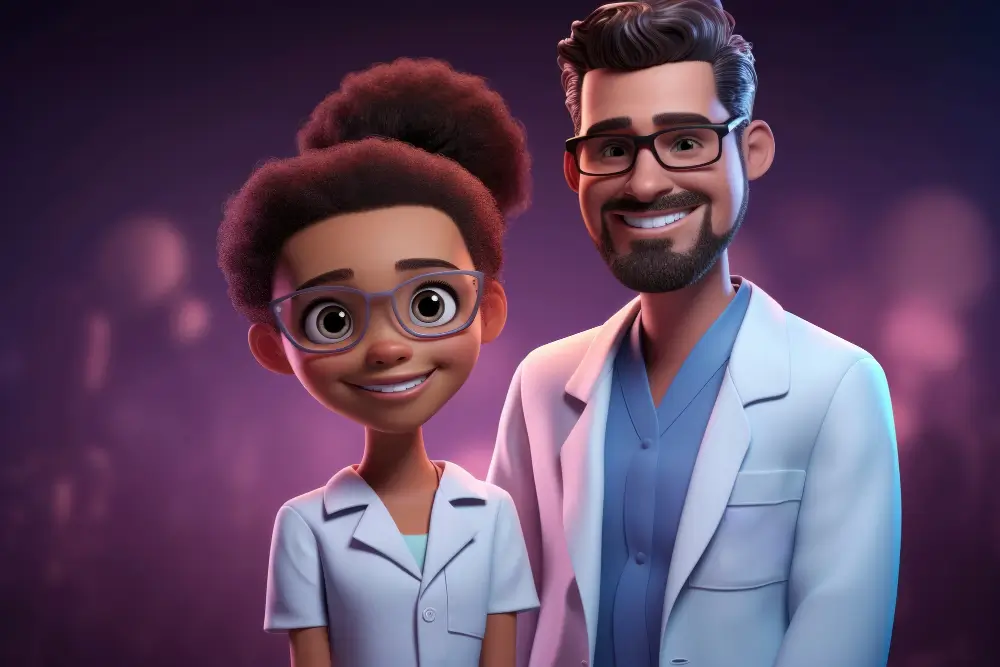
Pathway to Residency and Beyond
Graduates of Best Caribbean medical schools benefit from a proven track record of successful residency placements and professional advancement. Comprehensive preparation for licensure examinations and strong support from faculty and alums networks equip graduates with the tools and confidence to secure residency positions in competitive specialities and institutions. Moreover, the global recognition of Caribbean medical degrees opens doors to diverse career opportunities worldwide, empowering graduates to make a meaningful impact in healthcare wherever their journey takes them.
Beyond residency, ongoing professional development initiatives and continuing education opportunities ensure that graduates remain competitive and adaptable in a dynamic healthcare landscape. By providing a solid foundation and ongoing support, Caribbean medical schools pave the way for graduates to achieve their career aspirations and make lasting contributions to medicine.
Conclusion
Caribbean medical education offers a compelling pathway to a rewarding career in medicine. With exceptional academic programs, state-of-the-art facilities, and a global perspective, Caribbean medical schools provide aspiring physicians with the tools and experiences needed to succeed in today’s dynamic healthcare landscape. From clinical rotations to research opportunities and beyond, the Caribbean offers a vibrant and supportive environment where students can realize their full potential and make a difference in medicine. Consider these eight reasons carefully as you embark on your journey toward becoming a physician and discover the bright horizons that await you in Caribbean medical education.
FAQs
Are Caribbean medical schools accredited, and will I be eligible for licensure in the United States?
Many Caribbean medical schools are accredited by recognized accrediting bodies, such as the Caribbean Accreditation Authority for Education in Medicine and Other Health Professions (CAAM-HP) or the Educational Commission for Foreign Medical Graduates (ECFMG). Graduates of accredited programs are eligible to pursue licensure in the United States and other countries.
What are the residency placement rates for graduates of Caribbean medical schools?
Graduates of Caribbean medical schools demonstrate competitive residency placement rates in the United States, Canada, and other countries, reflecting the quality of their education, clinical training, and preparation for postgraduate medical training.
How diverse are Caribbean medical schools’ student and faculty populations?
Caribbean medical schools attract students and faculty from diverse cultural, ethnic, and socioeconomic backgrounds, creating a prosperous and inclusive learning environment that celebrates diversity and promotes cultural competency.
What support services are available for students in Caribbean medical schools?
Caribbean medical schools offer comprehensive student support services, including academic advising, counselling, tutoring, and career guidance, to ensure students have the resources they need to succeed academically and personally.
Can I apply to Caribbean medical schools if I have not been accepted in my home country?
Yes, Caribbean medical schools provide alternative pathways to medical education for students who may not have been accepted into medical schools in their home countries or who seek a non-traditional route to becoming physicians. Rolling admissions and flexible start dates accommodate diverse student circumstances and preferences.

